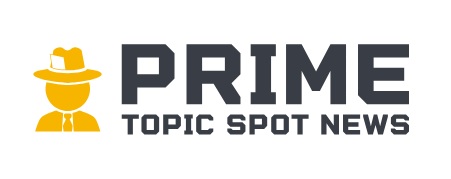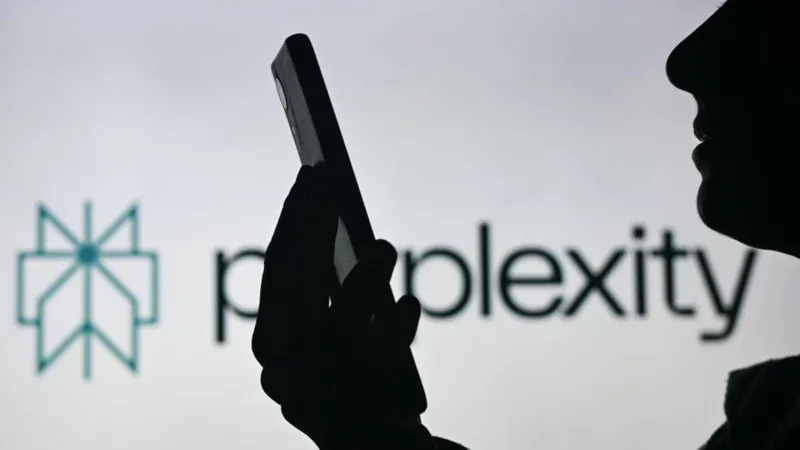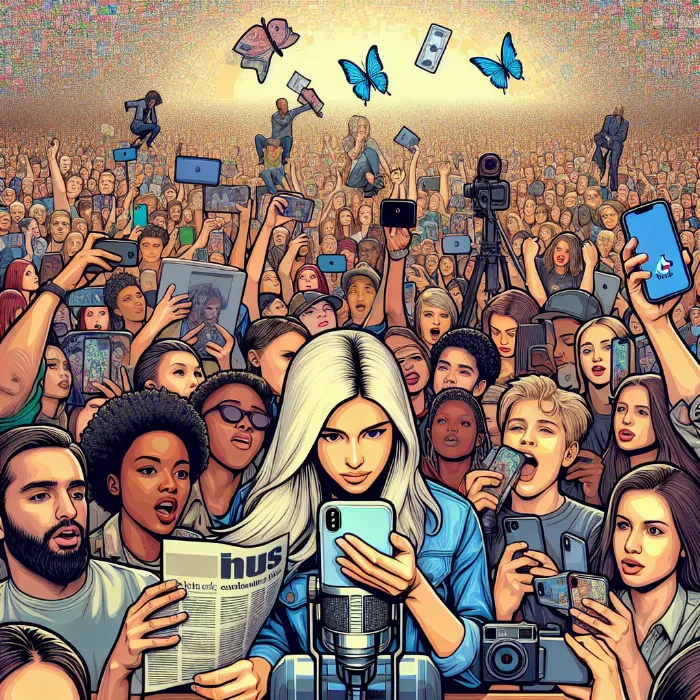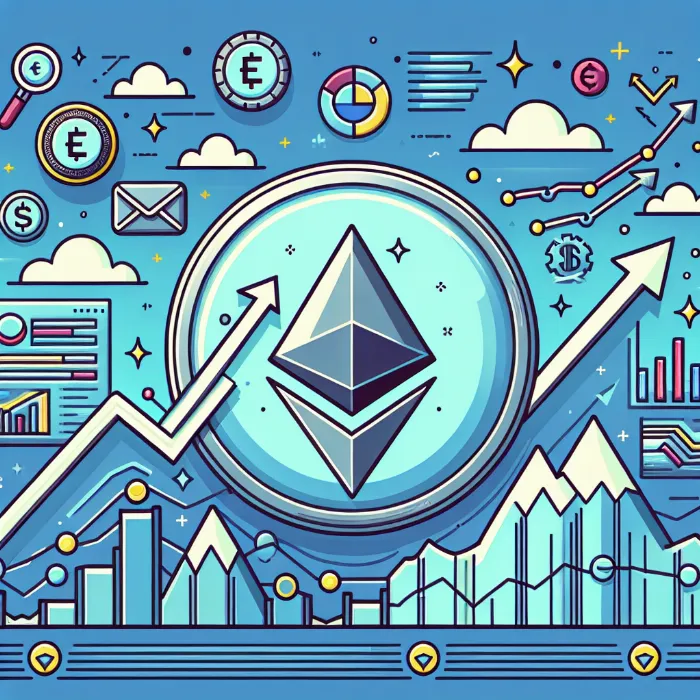The BBC has issued a legal warning to an artificial intelligence company accused of using its news articles and broadcast material without permission to train AI models. The public broadcaster demands immediate removal of its content and compensation, citing copyright infringement and ethical violations.
In a landmark development shaking the media and tech world today, the British Broadcasting Corporation (BBC) has formally threatened legal action against artificial intelligence company Perplexity AI, accusing the startup of unauthorised use of its copyrighted content. The BBC alleges that the firm scraped and reused its news articles and broadcast transcripts without consent, triggering a significant legal and ethical standoff that may set a global precedent.
⚠️ The Core Allegation: Unauthorized Scraping of BBC Content
According to sources inside the BBC, the public broadcaster has discovered systematic use of its content in responses generated by Perplexity AI’s platform. This content includes headline articles, summaries, and verbatim paragraphs from BBC’s vast archive, served up to users without attribution or licensing.
The BBC’s legal team has issued a stern warning to Perplexity AI, demanding the company:
- Immediately cease the use of BBC material.
- Delete any stored or derived content from BBC sources.
- Offer financial compensation for damages incurred.
Failure to comply, according to the letter, will lead to injunctive proceedings in court, potentially halting Perplexity AI’s operations in jurisdictions where BBC content is protected.
🧠 What is Perplexity AI and Why Is It in Trouble?
Perplexity AI, based in San Francisco, is a rapidly growing AI search and chat platform that merges internet search results with generative AI. Its system produces summarized answers and citations in a conversational style. However, multiple media organizations, including the BBC, have observed that Perplexity’s system appears to republish full or partial articles from news sites without agreements or rights.
The startup claims it operates as a “search engine with generative capabilities”, but critics argue that its practices go beyond fair use and step into the realm of copyright infringement.
📺 BBC’s Strategic Stand to Protect Journalism
The BBC has not previously pursued legal threats against AI companies. This represents a pivotal moment in the broadcaster’s defense of its editorial content and its mission of public service journalism.
The concern goes beyond just legal usage — the BBC fears brand damage, loss of traffic, and misinformation due to AI models reproducing content without proper context or accuracy. Their internal analysis found that Perplexity’s responses, when based on BBC content, often misrepresented facts or offered incomplete conclusions.
🧾 BBC’s Legal Demands in Detail
In its legal notice sent to Perplexity’s CEO, the BBC has outlined the following:
- A detailed timeline of observed content misuse.
- A warning of legal proceedings in both the UK and United States.
- A call for immediate negotiation of licensing fees.
- An emphasis that Perplexity’s operations could be halted if court intervention is pursued.
The letter also warns that continued reproduction of BBC materials may attract damages under copyright law, especially since the broadcaster has now formally registered its content for legal protection.
📣 Perplexity AI’s Response: “Misunderstanding and Manipulation”
In a statement released late today, Perplexity AI rejected the BBC’s accusations, claiming that it does not build large language models and does not store training data directly. They insist their platform works by aggregating information from the internet and that it respects robots.txt files and other site permissions.
Perplexity’s CEO, Aravind Srinivas, described the BBC’s complaint as a “misunderstanding of how search-integrated AI functions”, and accused the broadcaster of trying to stifle innovation through legal threats.
Despite their public confidence, insiders at Perplexity are reportedly evaluating their risk exposure, especially as other major publishers like Dow Jones and Forbes have taken similar actions.
📰 Media Industry Joins the Battle: Not an Isolated Case
The BBC is not alone. Over the past few months, several top-tier media groups have either:
- Issued cease-and-desist letters
- Filed lawsuits for copyright theft
- Warned AI firms to enter licensing talks
Notable examples include:
- The New York Times, which is suing OpenAI and Microsoft.
- Dow Jones, owner of The Wall Street Journal, which also filed a complaint against Perplexity.
- Forbes and Wired, which published detailed reports showing that AI systems are reproducing their original content without permission.
The media industry is increasingly united in demanding clear rules and financial compensation from AI platforms that rely on journalism to build their services.
🧑⚖️ A Ticking Time Bomb for AI Firms
If legal actions from the BBC and others succeed, AI companies may be required to:
- License all data used for training or summarization
- Share ad revenues or subscription profits
- Halt access to specific content unless agreements are made
This could drastically increase the cost of building AI tools, especially for startups. Conversely, if courts side with AI firms, the open internet model might face irreversible shifts, potentially stripping publishers of control over their own work.
🇬🇧 UK Government’s Position: Balancing Innovation and Copyright
The UK government has been under pressure to clarify its stance. Earlier proposals suggested allowing AI firms to freely use any content unless a publisher opts out — a position heavily criticized by the BBC and other broadcasters.
Today, in light of the BBC’s legal stance, Culture Secretary Lisa Nandy reaffirmed that the UK “will protect the copyright framework” and ensure that journalism and creativity are not undermined by unregulated AI use.
🔍 Final Thought: Journalism’s Future in the Age of AI
The BBC’s legal action against Perplexity AI is not just a lawsuit — it’s a signal to the industry. Traditional media is no longer willing to sit back and watch its content become training fodder for AI systems without recognition, attribution, or reward.
Whether this case sets a new legal standard or leads to a negotiated settlement, one thing is certain: the era of free content for AI is coming to an end.
As the boundaries between journalism, technology, and law tighten, platforms will either have to pay up or change their practices.
This story is still developing — but for now, the BBC has made its move. The tech world is watching.

















Comments 0